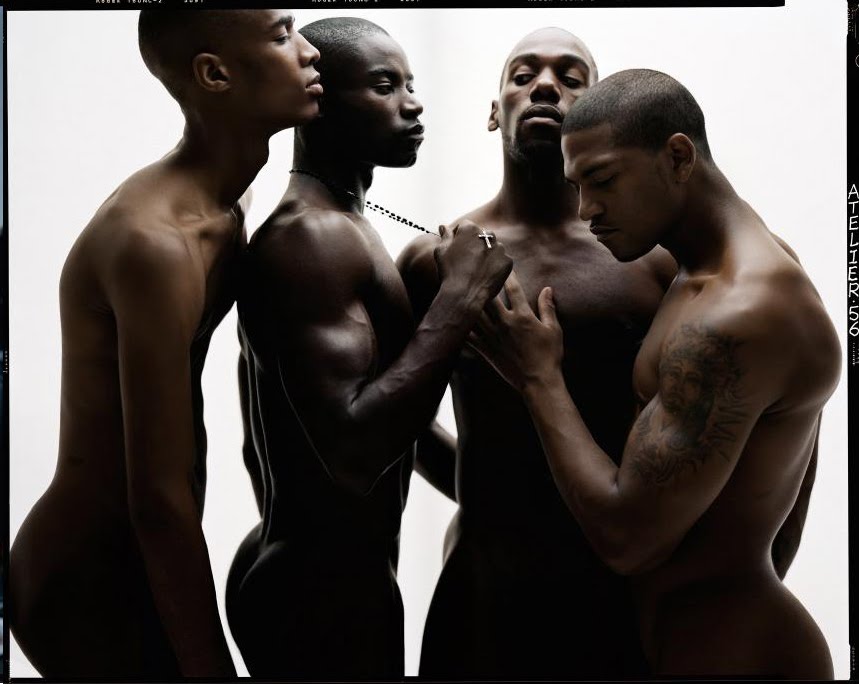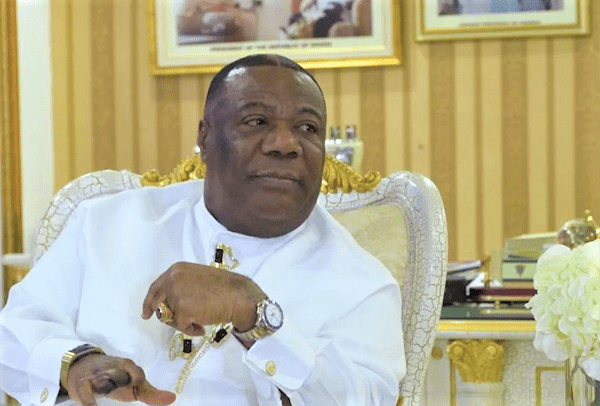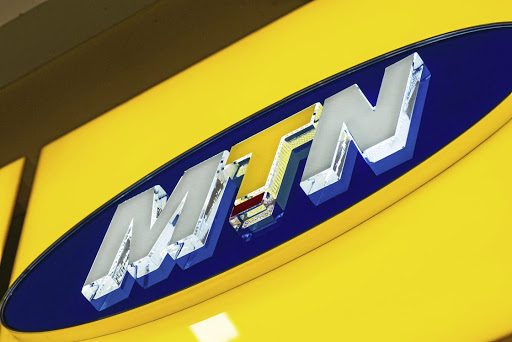Report – Ghanaians Worry Over Negative Impact Of LGBTI Than ‘Galamsey’
- Posted on
- Comment
Majority of Ghanaians are more concerned about the perceived negative impact of homosexuality than issues of unemployment, galamsey, and rape, a new study has revealed.
The study from the Africa Centre for International Law and Accountability (ACILA) also revealed that about 60% of Ghanaians “strongly disagree” or “disagree” LGBTIs deserve equal treatment as heterosexuals.
The survey by the ACILA, a non-partisan, and not-for-profit organization that advocates justice for victims of international crimes and promotes the rule of law and public accountability also revealed that majority of Ghanaians (80%) are “very uncomfortable” or “uncomfortable” associating themselves with LGBTIs.
According to the survey, “about 67% will receive emergency medical treatment from a nurse or doctor they perceive as LGBTI. 30% cent of Christians; 40% of Moslems; and 50% of Traditionalists will not receive emergency medical treatment from a nurse or medical doctor who is perceived as LGBTI,” while “Forty-four per cent of Ghanaians who are 51 to 61 years will not receive emergency medical treatment from a nurse or medical doctor who is perceived as LGBTI.”
The survey was a representative sample of adults in five regions of Ghana: Greater Accra, Ashanti, Northern, Volta and Western. All respondents were randomly selected by ACILA.
According to ACILA, the 1200 respondents were located in 107 Enumeration Areas (EAs) spread across 72 urban and 35 peri-urban/rural areas in the five regions.
Below are the Key highlights of the survey
1. More than 87% of Ghanaians say they know the 1992 Constitution of Ghana guarantees human rights to all persons in Ghana.
2. Ghanaians are aware (81.5%) that Ghana is required by the UN, other international instruments and obligations, as well as the 1992 Constitution to protect the rights of all citizens in Ghana.
3. About two-thirds of Ghanaians (60.7%) are not aware Ghana has committed to provide Equal Protection of the Law from violence and discrimination to all persons including LGBTI people under the United Nations Universal Periodic Review mechanism.
4. More than two-thirds (70%) of Ghanaians are unaware the Commission on Human Rights and Administrative Justice (CHRAJ) has a “Discrimination Reporting System” for reporting on violence and discrimination against LGBTIs and Persons Living with HIV.
5. Ghanaians are more concerned about the perceived negative consequences of LGBTI issues than armed robbery, high cost of living, unemployment, galamsey, rape/defilement, and poor infrastructure. Corruption was the number one concern followed closely by LGBTI issues.
6. About 60% of Ghanaians “strongly disagree” or “disagree” LGBTIs deserve equal treatment as heterosexuals.
7. A significant number of Ghanaians (87%) are against allowing LGBTI persons holding public meetings to discuss LGBTI issues. Ninety-one per cent of Moslems are against allowing LGBTIs holding public meetings; Christians (87%), Traditionalists (73.1%); and Atheists (33.3%). Respondents in the Volta Region had the highest approval (19.4%) allowing LBTIs to hold public meetings to discuss LGBTI issues.
8. More than 97% of Ghanaians are aware the Police has a responsibility to protect every citizen against mob injustice, and “strongly agree” or “agree” by 94% that any person who engages in mob activity should be brought to justice. However, 20% “strongly disagree” or “disagree” that the Police has a responsibility to protect LGBTI people against mob injustice.
9. Majority of Ghanaians (80%) are “very uncomfortable” or “uncomfortable” associating themselves with LGBTIs. However, about 67% will receive emergency medical treatment from a nurse or doctor they perceive as LGBTI. Thirty per cent of Christians; 40% of Moslems; and 50% of Traditionalists will not receive emergency medical treatment from a nurse or medical doctor who is perceived as LGBTI. Forty-four per cent of Ghanaians who are 51 to 61 years will not receive emergency medical treatment from a nurse or medical doctor who is perceived as LGBTI.
10. About 13% of Ghanaians will “physically abuse”, “verbally abuse” or “force” an LGBTI to hide his or her identity if they discover a person who is LGBTI. Majority of Ghanaians (45.3%) will “socially shun” an identified LGBTI.
11. More than 75% of Ghanaians applaud homophobic statements by state officials, religious leaders, or influential people in society. Only 24.5% say homophobic statements should be condemned.
12. Thirty-six per cent of Ghanaians are of the opinion that LGBTIs should be discriminated against in job search, religious association (10%) and public appointments (9.16%).
13. More than 54% of Ghanaians say expelling students perceived to be LGBTI should be promoted.











 (Selorm) |
(Selorm) |  (Nana Kwesi)
(Nana Kwesi)